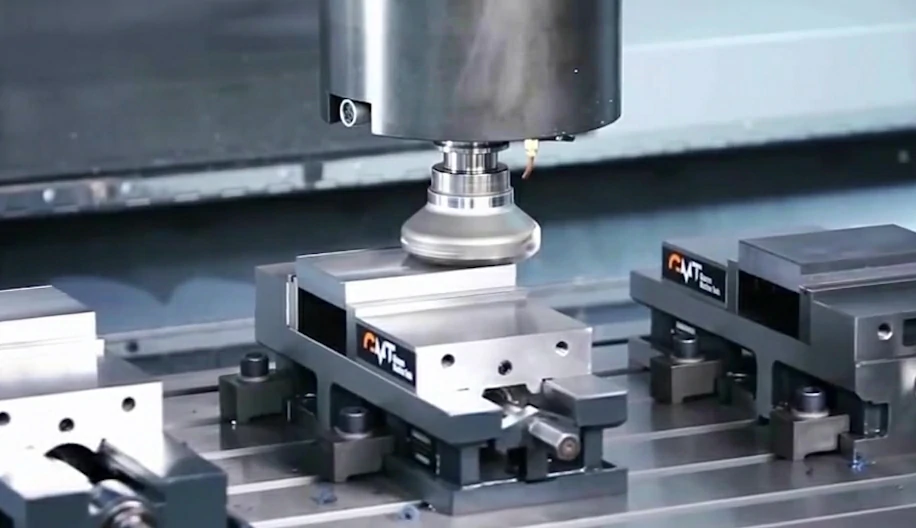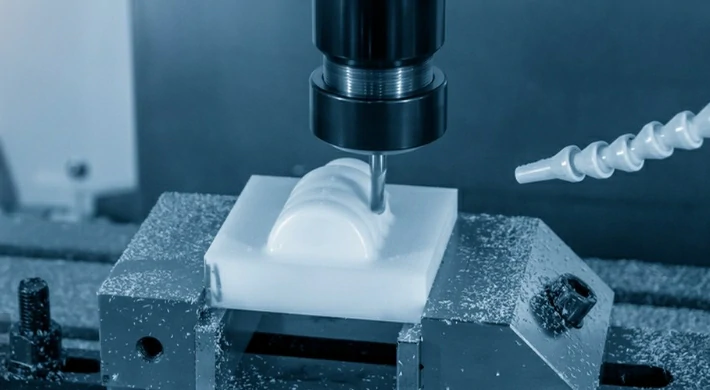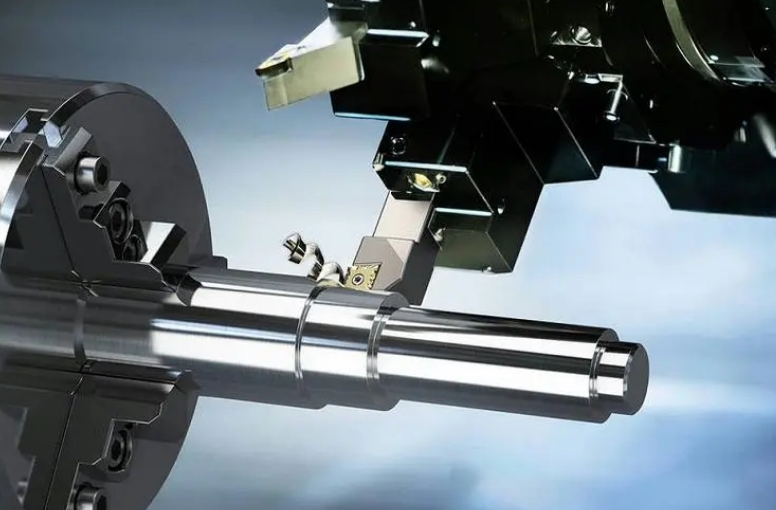CNC Turning Services
Get quality custom turned parts in a matter of days. From rapid prototyping to production, our on-demand manufacturing platform can provide high-quality metal and plastic CNC turning parts.
- All uploads are secure and confidential
Certifications
ISO 9001:2015 | ISO 13485:2016 | IATF16949
Home » CNC Machining » CNC Tturning
Precision CNC Turning Services
With Boyi powerful CNC lathes and turning centers, we provide customized prototypes and end-use parts for your project. From flat to radial and axial holes, grooves, and grooves, you can obtain durable various types of turning parts in just 3 days. We are committed to efficiently and effectively delivering customized turning parts for precision manufacturing, whether it is metal or plastic materials. Just upload your 3D CAD file to get the part quotation.
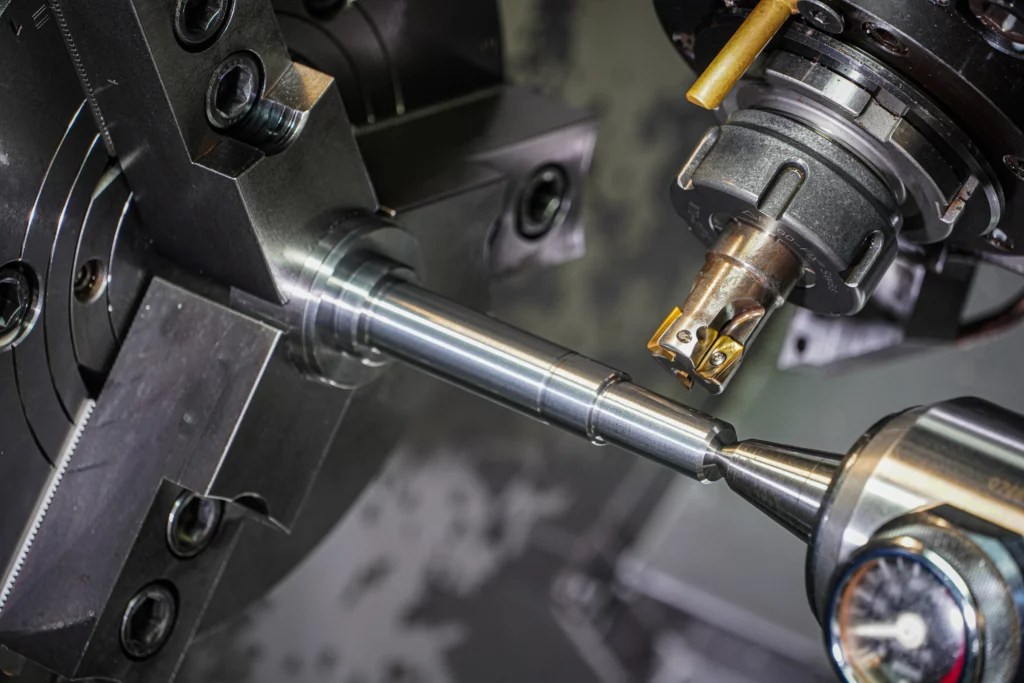
Precision CNC Turning Tolerance
View our CNC turning strict tolerance requirements:
|
|
Metric units
|
Imperial units
|
|---|---|---|
|
Linear Dimension
|
±0.025 mm
|
±0.001 in.
|
|
Shaft Diameters
|
±0.02 mm
|
±0.0008 in.
|
|
Hole Diameters (Not Reamed)
|
±0.02 mm
|
±0.0008 in.
|
|
Tolerances
|
±0.01 mm
|
±0.0004 in.
|
According to the processing technology, Boyi accepts a maximum size of 200 × 500mm turning parts. If you have larger parts, please contact [email protected] .
CNC Turning Materials
Various CNC turning options for metal and plastic parts are available, if you don’t see what you need, please contact [email protected]. We can purchase according to your project specifications.
|
|
Available Varieties
|
|---|---|
|
Aluminium
|
Aluminum 5052,Aluminum 7075,Aluminum 7075-T6,Aluminum 6063-T5,Aluminum 7050-T7451,Aluminum MIC-6,Aluminum 6061-T6,Aluminum 2024-T3
|
|
Brass
|
Brass C360,Brass 260
|
|
Copper
|
Copper C110,Copper 101
|
|
Stainless steel
|
Stainless Steel 303,Stainless Steel 304,Stainless Steel 316/316L,Stainless Steel 416,Stainless Steel 420
|
|
Alloy Steel
|
Alloy Steel 4130,Alloy Steel 4140,
|
|
Titanium
|
Titanium Grade 2,Titanium 6Al-4V
|
|
Plastics
|
ABS, Acrylic, Nylon, PEEK,Polycarbonate, Polypropylene, Polyethylene
|
Gallery of Custom CNC Turning Parts
Following shows precision turning prototypes and parts from our esteemed customers.
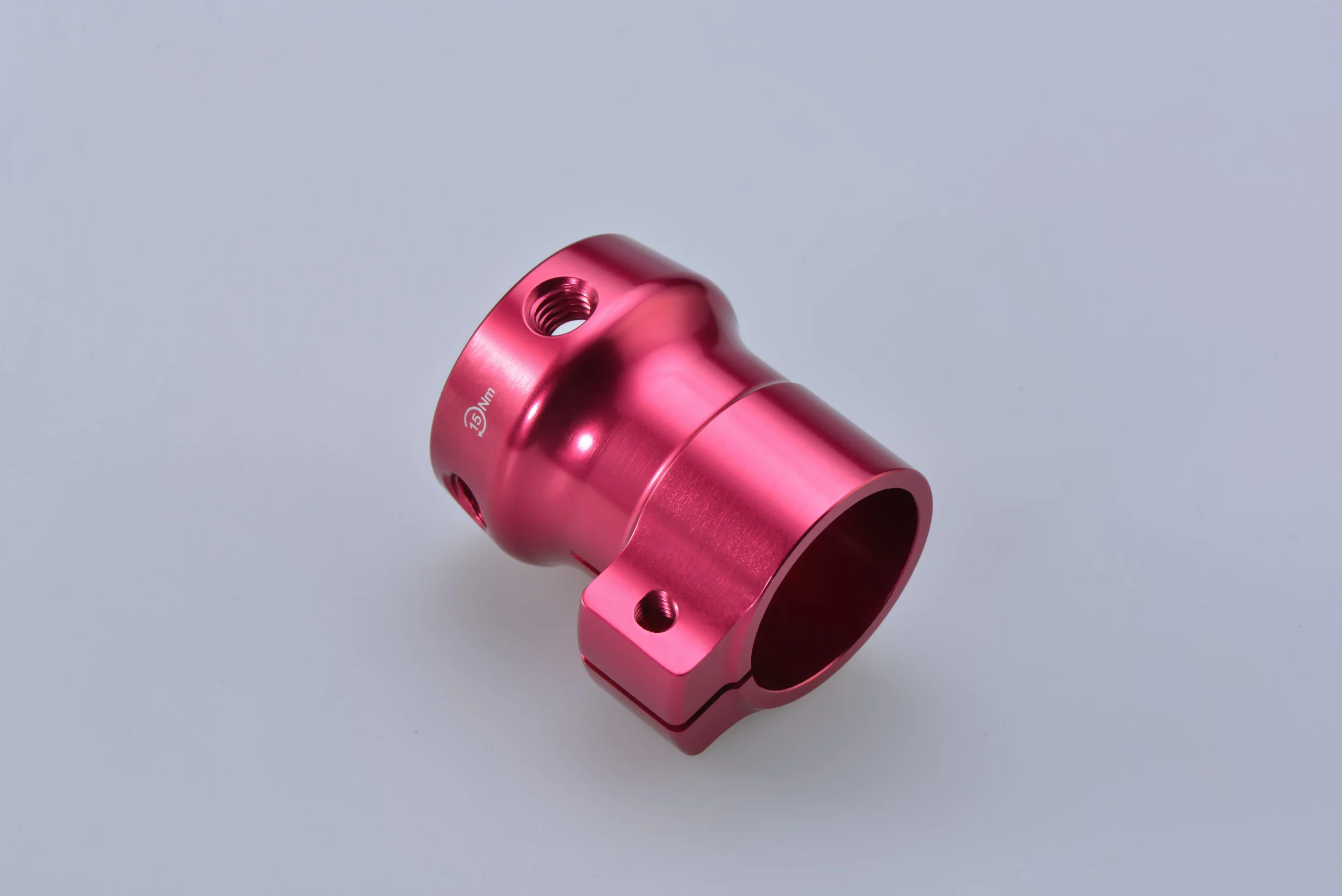
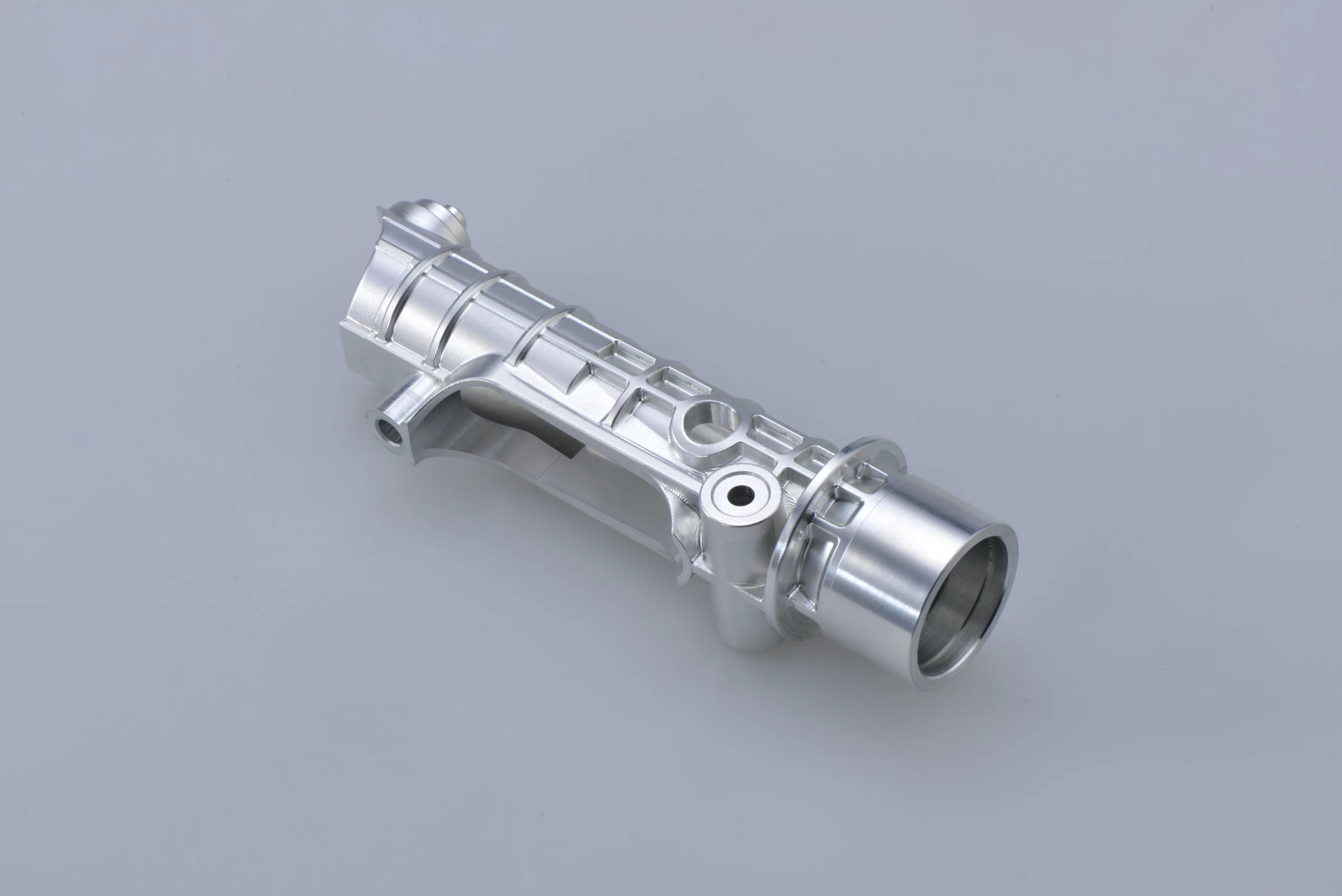
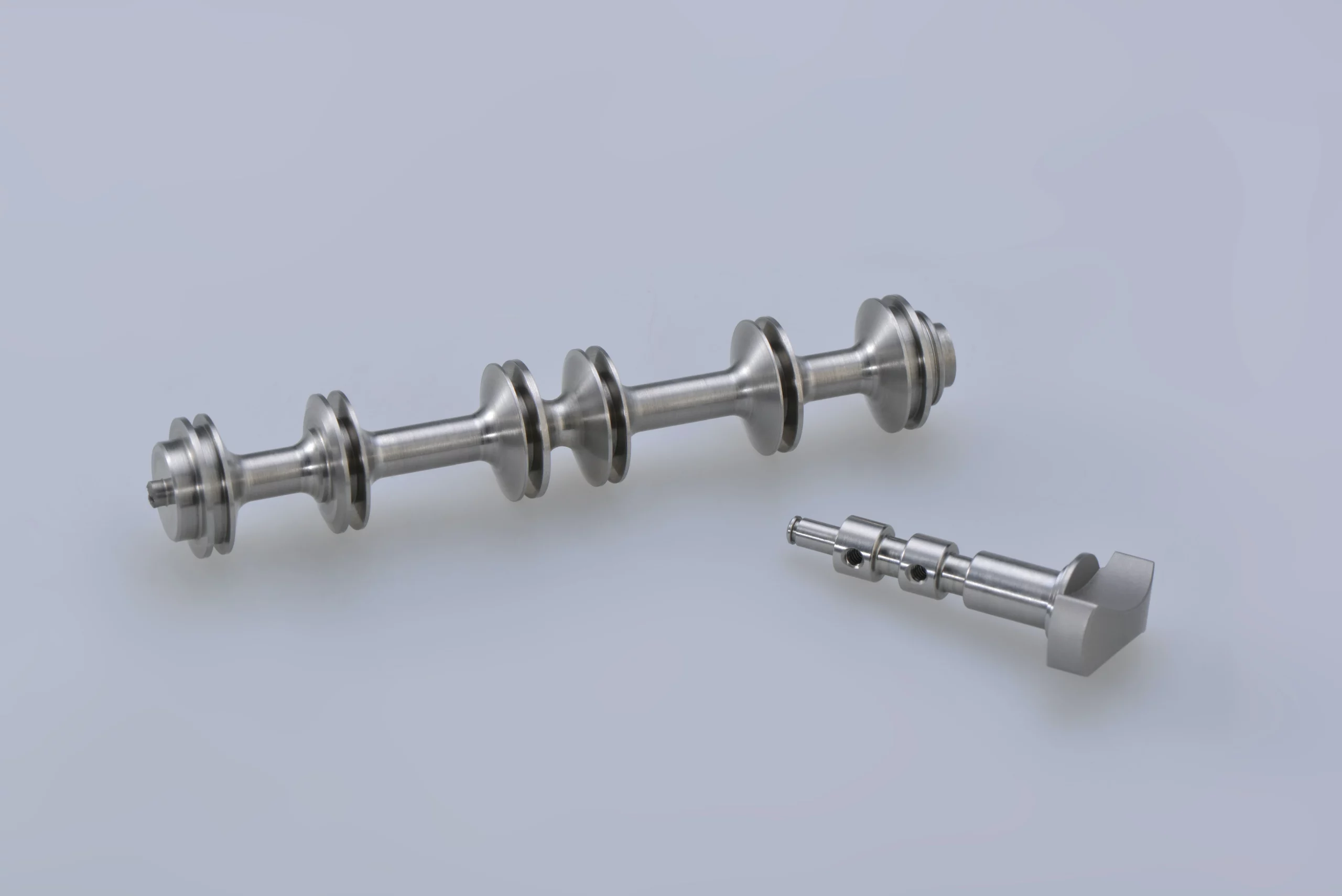
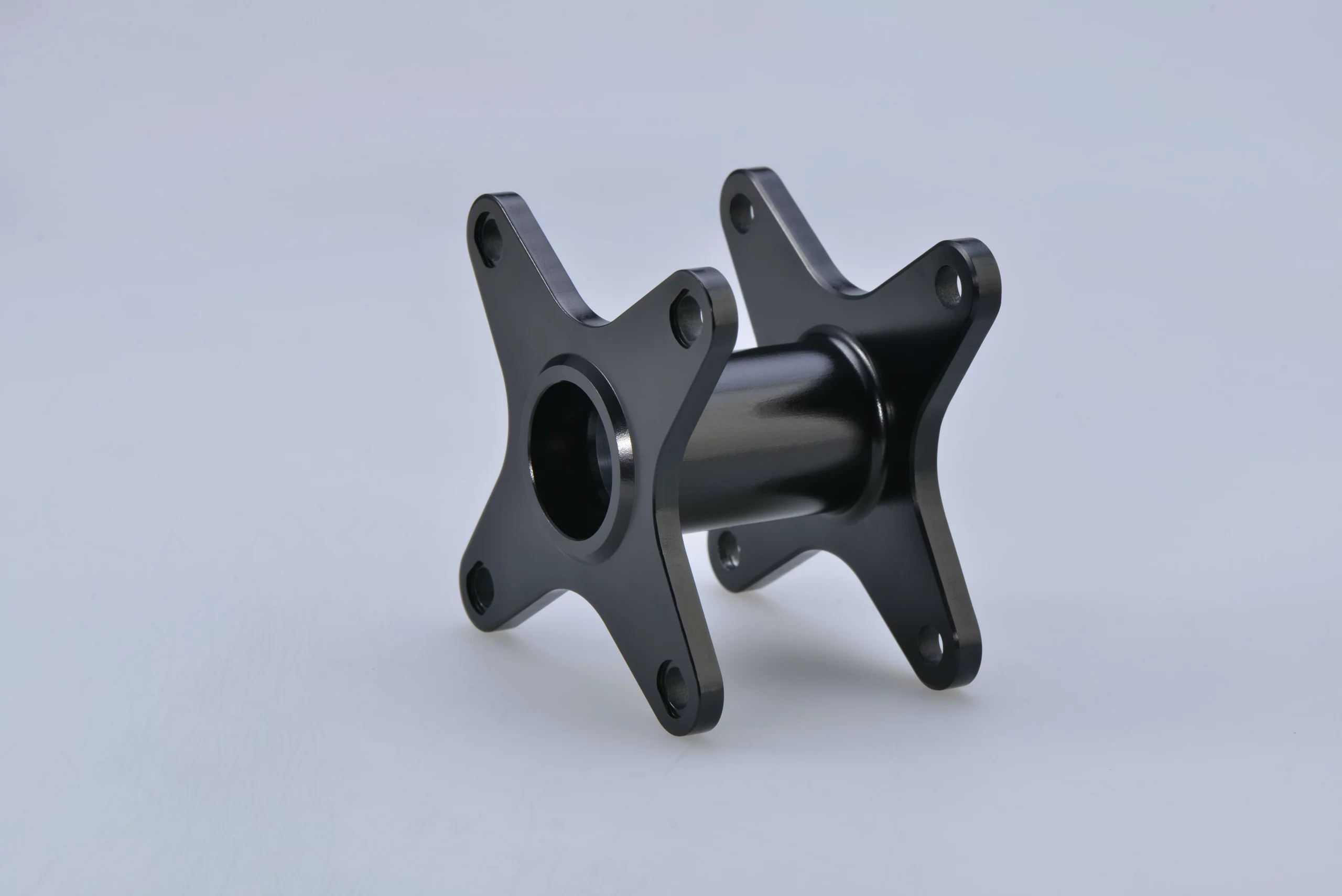
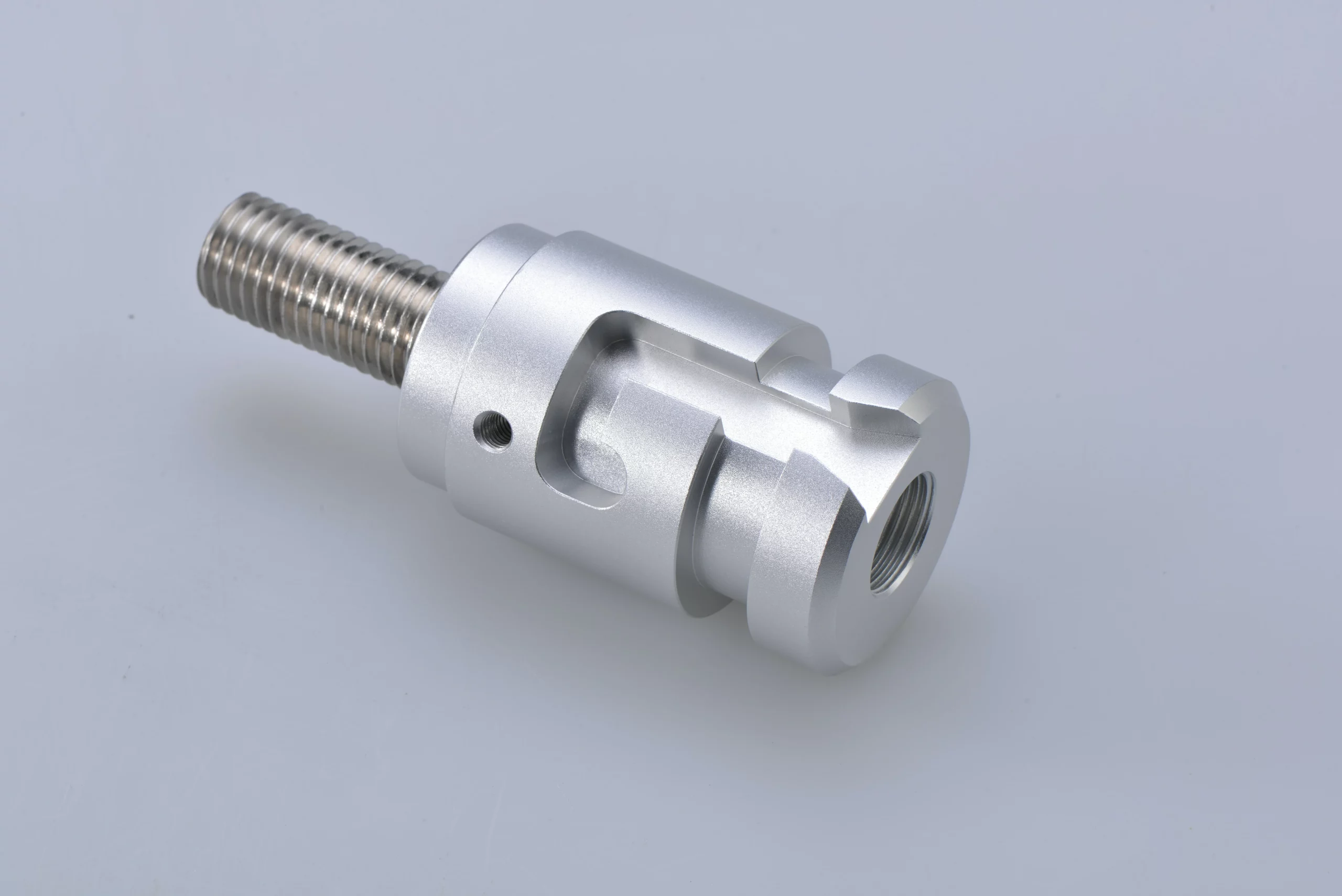
CNC Turning Overview
What is CNC turning?
CNC turning is an ideal device for cutting symmetrical cylindrical or spherical parts. Typically, a lathe rotates the workpiece on a vertical or horizontal axis, while a fixed forming tool moves around the workpiece on a straight or curved path.
What is the principle of CNC turning?
CNC turning allows for a variety of operations such as face, threading, knurling, drilling, boring, reaming and taper turning. It works by loading the raw material into the lathe spindle tray after creating the G code. When the spindle rotates, the chuck holds the workpiece in place. Once the spindle reaches speed, the cutting tool makes contact with the workpiece, gradually removing the material until the desired geometry is formed.
What is the difference between CNC turning and milling?
The main difference between CNC turning and CNC milling lies in the relative movement of the machine and raw materials during the machining process. In CNC milling, the material is fixed in position and the cutting tool rotates around the material. In CNC turning, the tool remains in the same position while the material rotates at high speed to form a precise shape.
Other differences include:
Tool types: single point tools are used for turning, and multi-point tools are used for milling.
Applicability: Milling is more suitable for flat and irregular surfaces, while turning is suitable for cylindrical or conical surfaces.
Cutting method: turning continuous cutting, with the tool continuously in contact with the workpiece; Milling intermittent cutting, where the tool continuously engages and disengages from the material.
Chip type: Milling produces discontinuous chips, while turning can produce discontinuous, continuous, and fragmented chips.
About CNC Turning FAQ
Using the latest CNC machine tools, Boyi can produce high-precision turning parts in as little as 3 days.
Our CNC turning equipment and technology allow for high-precision machining, typically achieving an accuracy of 0.01 millimeters. We ensure that the machined parts meet the precise requirements of the customer.
Yes, we have an experienced technical team and advanced programming techniques that can handle various complex shaped turning parts, including inner and outer contours, holes, grooves, and various concave and convex features.
CNC Turning Resources
Learn more about the working principle of CNC turning and how to design parts to fully utilize this machining process.

